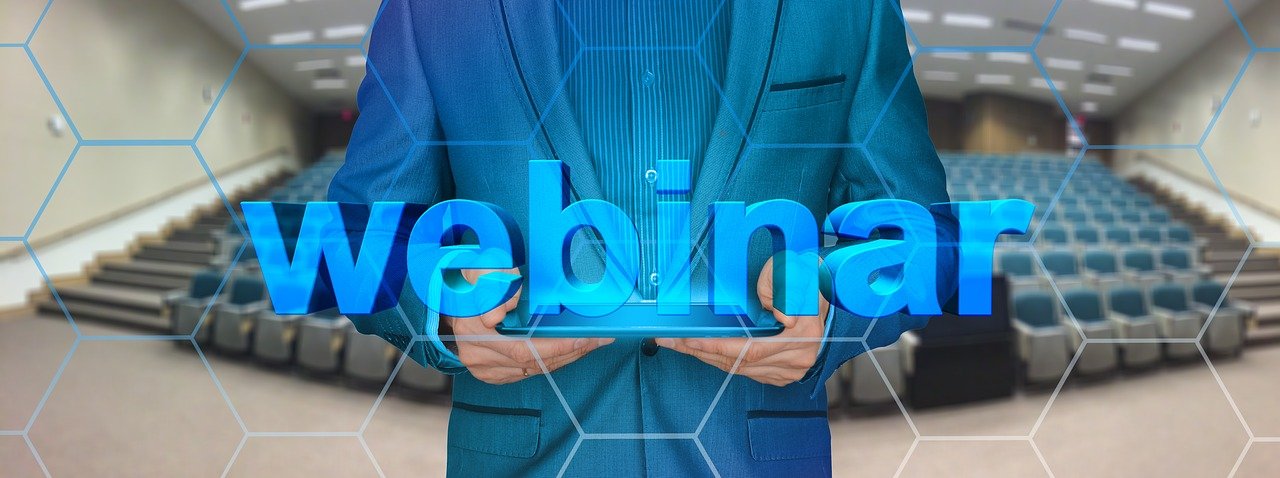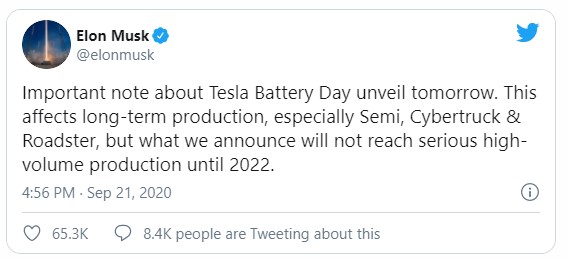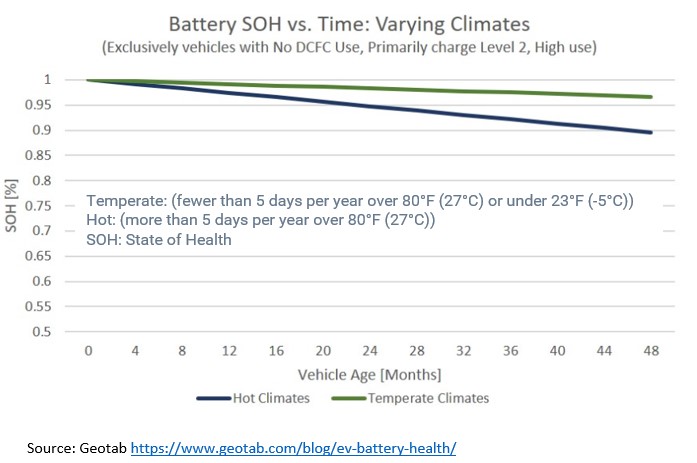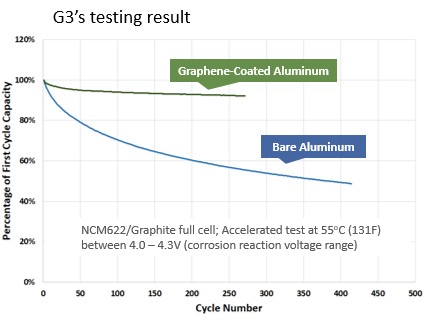DALLAS, TX., Feb. 02, 2024 (GLOBE NEWSWIRE) — Honeycomb Battery Company (“Honeycomb”), a leading battery materials supplier, today announced the completion of its previously announced business combination with Nubia Brand International Corp. (“Nubia”), a special purpose acquisition company led by an African-American/Latino sponsor group. The transaction was approved at a special meeting of Nubia’s stockholders on December 14, 2023.
Upon the completion of the business combination, the combined company was renamed Solidion Technology Inc. (“Solidion”). Beginning on Monday, February 5, 2024, Solidion’s common stock is expected to begin trading on the NASDAQ Global Market under the new ticker symbol “STI.”
Dr. Bor Jang, the Executive Chairman of Solidion, commented: “Today represents a momentous achievement for our company. Having developed a cost-effective process for mass-manufacturing green graphite anode materials from sustainable biomass sources, Solidion’s years of in-depth R&D and manufacturing experience in graphite and other anode and cathode materials put it in a unique position to capitalize on the rapidly changing EV battery materials market. As a public company with enhanced access to capital, we plan to continue building on our extensive battery IP portfolio to further expand the range of advanced battery materials we offer and help transform the EV battery space into a solid-state battery industry.”
Jaymes Winters, the Chief Executive Officer of Solidion, added: “We believe Honeycomb’s track record of performance and expertise in battery technologies, combined with the investment by Nubia and the continued acceleration of the EV battery market, will allow Solidion to extend its leading industry position, and we are looking forward to seeing what we can accomplish in this new phase of the company’s existence.”
Advisors
Arbor Lake Capital Inc. served as financial and capital markets advisor to Honeycomb. Benesch, Friedlander, Coplan & Aronoff LLP is serving as legal counsel to Honeycomb.
EF Hutton LLC, is serving as capital markets advisor to Nubia. Loeb & Loeb LLP is serving as legal counsel to Nubia.
About Solidion Technology, Inc.
Headquartered in Dallas, Texas with production facilities in Dayton, Ohio, Solidion’s core business includes manufacturing of battery materials and components, as well as development and production of next-generation batteries for energy storage systems and electric vehicles for ground, air, and sea transportation. Recognized as a global IP leader in both the high-capacity anode and the high-energy solid-state battery, Solidion is uniquely positioned to offer two lines of battery products: (i) advanced anode materials (ready for production expansion); and (ii) three classes of solid-state batteries, including Silicon-rich all-solid-state lithium-ion cells (Gen 1), anodeless lithium metal cells (Gen 2), and lithium-sulfur cells (Gen 3), all featuring an advanced polymer- or polymer/inorganic composite-based solid electrolyte that is process-friendly. Solidion’s solid-state batteries can be manufactured at scale using current lithium-ion cell production facilities; this feature enables fastest time-to-market of safe solid-state batteries. Solidion batteries are designed to deliver significantly extended EV range, improved battery safety, lower cost per KWh, fastest time-to-market, and next-gen cathodes (potential to replace expensive nickel and cobalt with sulfur (S) and other more abundant elements). For more information, visit www.solidiontech.com.
Cautionary Statement Regarding Forward-Looking Statements
This press release contains certain forward-looking statements within the meaning of the federal securities laws with respect to the proposed transaction between Honeycomb and Nubia. These forward-looking statements generally are identified by the words “believe,” “project,” “expect,” “anticipate,” “estimate,” “intend,” “strategy,” “future,” “opportunity,” “plan,” “may,” “should,” “will,” “would,” “will be,” “will continue,” “will likely result,” and similar expressions. Forward-looking statements are predictions, projections, and other statements about future events that are based on current expectations and assumptions and, as a result, are subject to risks and uncertainties. Many factors could cause actual future events to differ materially from the forward-looking statements in this document, including but not limited to: (i) the lack of a third party valuation in determining to pursue the transaction, (ii) the effect of the announcement or closing of the transaction on Solidion’s business relationships, operating results and business generally, (iii) risks that the transaction disrupts current plans and operations of Solidion and potential difficulties in Solidion employee retention as a result of the transaction, (iv) the outcome of any legal proceedings that may be instituted against Honeycomb or against Nubia related to the transaction, (v) the ability to maintain the listing of Solidion’s securities on a national securities exchange, (vi) volatility of the price of Solidion’s securities due to a variety of factors, including changes in the competitive and highly regulated industries in which Solidion operates, variations in operating performance across competitors, changes in laws and regulations affecting Solidion’s business and changes in the combined capital structure, (vi) the ability to implement business plans, forecasts, and other expectations after the completion of the transaction, and identify and realize additional opportunities, and (vii) the risk of downturns and a changing regulatory landscape in the highly competitive EV battery industry. The foregoing list of factors is not exhaustive. You should carefully consider the foregoing factors and the other risks and uncertainties described in the “Risk Factors” section of Nubia’s definitive proxy statement filed with the SEC November 8, 2023, and other documents filed by Solidion from time to time with the SEC. These filings identify and address other important risks and uncertainties that could cause actual events and results to differ materially from those contained in the forward-looking statements. Forward-looking statements speak only as of the date they are made. Readers are cautioned not to put undue reliance on forward-looking statements, and Solidion assumes no obligation and does not intend to update or revise these forward-looking statements, whether as a result of new information, future events, or otherwise. Solidion does not give any assurance that it will achieve its expectations.
Solidion Technology, Inc. Contacts
For Investors
For Media

 Did you watch the recent Battery Day event and hear about the latest EV battery technology? Global Graphene Group, an expert in next-generation battery solutions, wants to share our thoughts on the event and where we see the EV battery market heading.
Did you watch the recent Battery Day event and hear about the latest EV battery technology? Global Graphene Group, an expert in next-generation battery solutions, wants to share our thoughts on the event and where we see the EV battery market heading.

